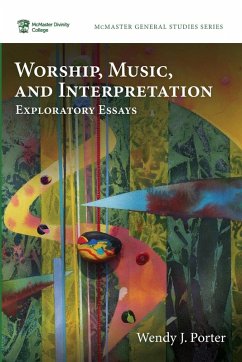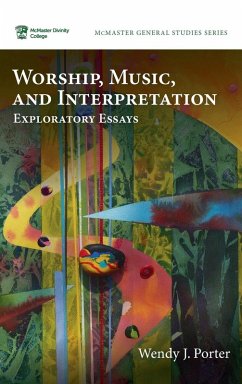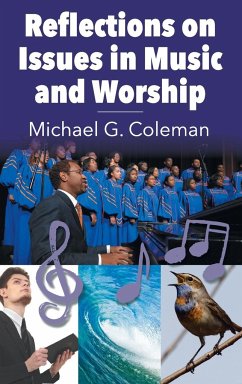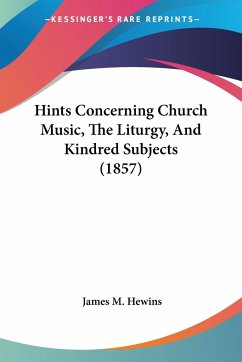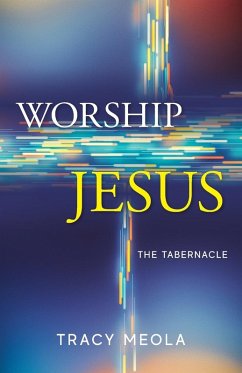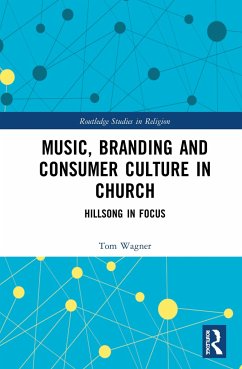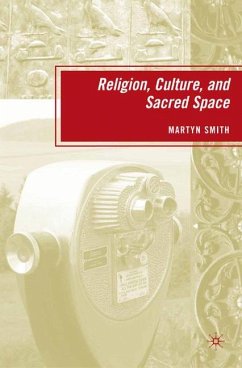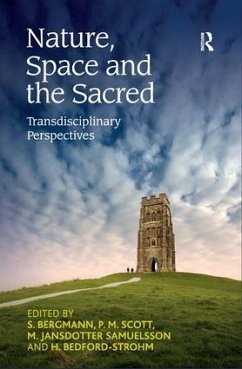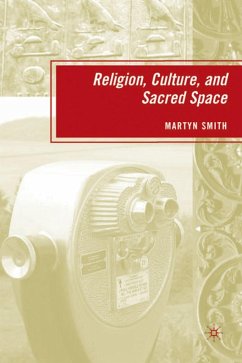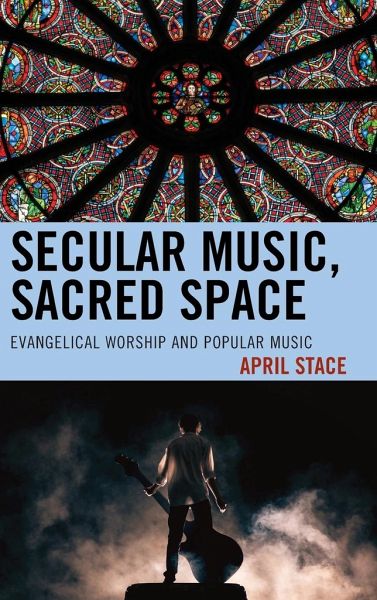
Secular Music, Sacred Space
Evangelical Worship and Popular Music
Versandkostenfrei!
Versandfertig in 1-2 Wochen
106,99 €
inkl. MwSt.
Weitere Ausgaben:

PAYBACK Punkte
53 °P sammeln!
When post-denominational evangelical and emerging churches incorporate secular music into worship services, it’s more than a gimmick to attract non-Christians; its use embodies beliefs about the importance of an individual spiritual journey, the boundary between the sacred and the secular, and the importance of lament in the life of faith.





